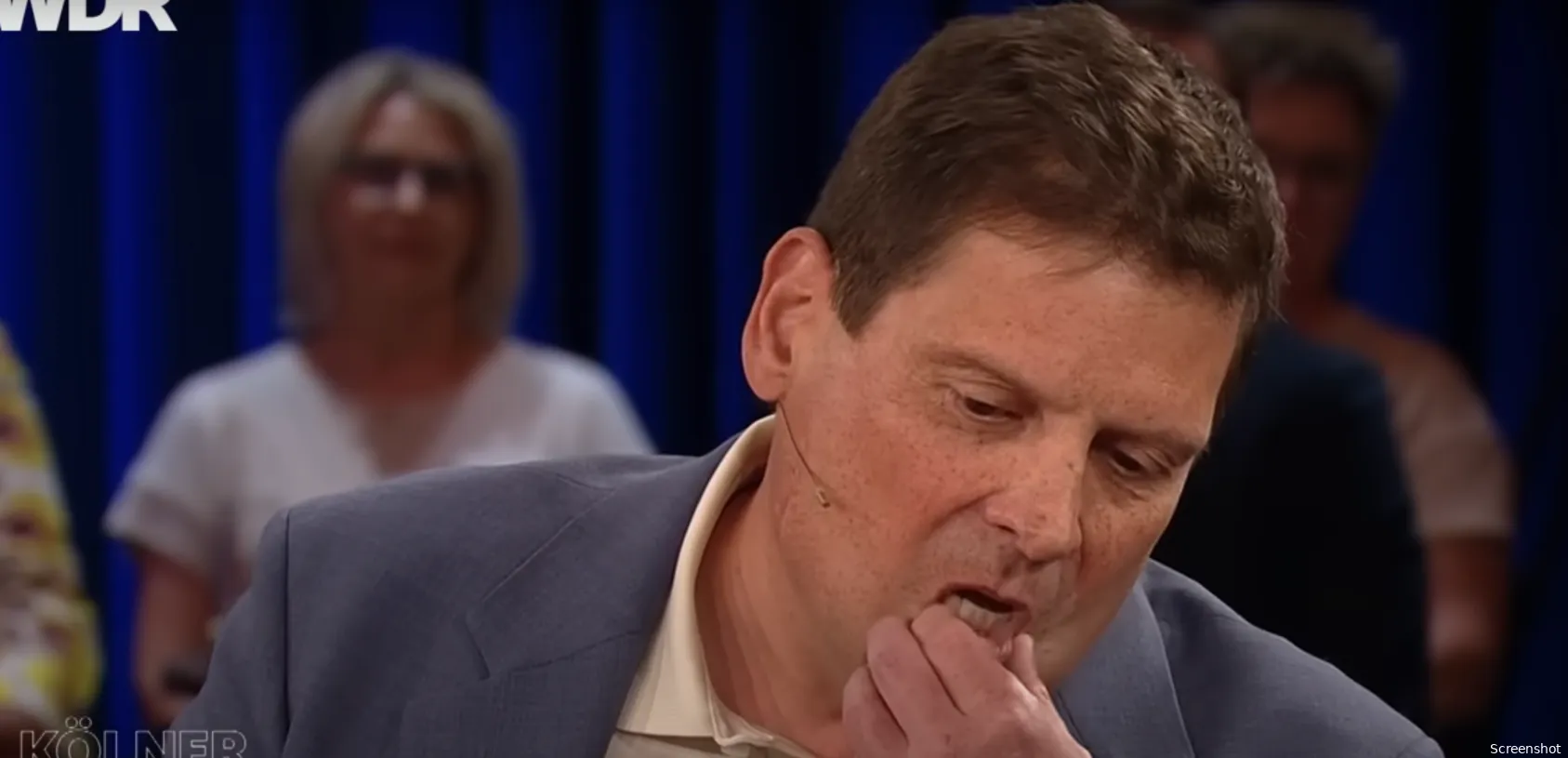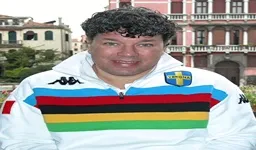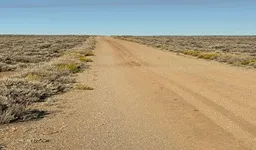"I was seemingly dead," Jan Ullrich explains bizarre situation and tells what gave him push in right direction
CyclingWednesday, 18 September 2024 at 15:59

German former cyclist Jan Ullrich has again spoken to WDR about his past. Ullrich was considered the star of German cycling for years, but he tumbled hard to the ground after 2006 due to several doping cases and additional perils. He has since recovered.
Ullrich released the documentary series "Der Gejagte" last year in collaboration with Amazon, which he reflects on in a conversation with WDR. "The documentary was like therapy for me. Now I can talk about it with my children because it is part of my life after all," he says, referring to the period in cycling during which he was a piece. After his doping confessions, Ullrich was persona non grata in Germany for many years, leaving him stranded.
The documentary was there primarily to offer insight. "I'm glad I showed myself in that documentary; now I can more easily continue my work. There was a lot of speculation. I needed to change something, so I decided to talk about it. That was good for me, the burden eased, and now I can move on," Ullrich said. "To confess, I also waited for the confessions of Lance Armstrong and others. Maybe I was too weak and didn't want all that media storm."
Read more below the photo!

Ullrich: "People need to understand that doping was in the system"
So he seems to be addressing the German public, who treated the 1997 Tour winner as the bad guy for years. "People have to understand that doping was in the system. The sponsors knew everything. I wouldn't call it silence, but they paid me well. It was a mutual agreement not to talk about it," it sounded. Ullrich rode for years for Bonn, Germany-based Telekom/T-Mobile. "But in the end, I also made a mistake and had to pay for it by being the bad guy. I also have to take on that role."
When Ullrich got into trouble in 2006, things went downhill fast. "I fell into a deep hole, and it almost ended in catastrophe," said the German, who nearly broke down the moment he was asked a question about his alcohol-addicted father. "I thought my mother and trainer took on the father role, but in the end, I found that I never had a father.2
He also became addicted to alcohol as a result of the situation that developed. "I was good at repressing things and kept it up for a long time. Eventually, it escalated, also with the drugs and all those things. Eventually, I recovered through love for my children, but it couldn't get any deeper either. I was seemingly dead; visually, I saw hell. Then I said: up to here and no further. Either you will die next week, or things will get back on track. The children were the deciding factor," he outlines.
Read also
IDL-productions

Eenkhoorn and Evenepoel get along well at Soudal Quick-Step: "Remco already sent a few messages"

Just 10 (!) days after concussion, Longo Borghini again a strong contender for the Ardennes: "I woke up in the hospital"

"Others get more respite"; is this the best van Aert? Question leads to candid answers at Visma | Lease a Bike

British talent joins van Aert and Evenepoel—but why did he ride with them? "Otherwise, I would have been toast"

Preview Brabantse Pijl 2025 | Evenepoel’s comeback, but also van Aert, Pidcock, a strong UAE team, and many more!
Latest Cycling News

Visma | LaB left empty-handed after French race due to flat tire at the 'worst possible moment'

Eenkhoorn and Evenepoel get along well at Soudal Quick-Step: "Remco already sent a few messages"

Just 10 (!) days after concussion, Longo Borghini again a strong contender for the Ardennes: "I woke up in the hospital"

"Others get more respite"; is this the best van Aert? Question leads to candid answers at Visma | Lease a Bike

British talent joins van Aert and Evenepoel—but why did he ride with them? "Otherwise, I would have been toast"
Popular Cycling News

Thomas on Pogacar vs. van der Poel in Paris-Roubaix: "In the Tour he will have a three-hour lead"

Flashbacks to Amstel Gold Race? Questions raised over mysterious bottle given to Pogacar in Roubaix: "Not everyone gets permission"

Bruyneel impressed by more than just van der Poel and Pogacar: "That rider will be a future star"

Preview Brabantse Pijl 2025 | Evenepoel’s comeback, but also van Aert, Pidcock, a strong UAE team, and many more!

After a somewhat forced exit from Alpecin-Deceuninck, Laurance brings van der Poel-like mindset to his new INEOS squad
Latest Comments
- Such negative comments that are truly inappropriate and actually ridiculous. He sounds like an old man, bitter that he can't race anymore. Why can't he just be gracious? Or just shut up. Instead of howling for attention, in such a rude manner. Must be Dementia creeping in. We are all living in the Now. Records are there, and some are being broken, some are unapproachable. If he doesn't like it, and it makes him sick, maybe he ought start watching some other sport. Don't want the old mans health to be upset.
 reemmo031-03-2025
reemmo031-03-2025 - Roger De Vlaeminck inspires me to create a new beer: "Bitter Old Twat Belgian".JackInhof31-03-2025
- Shoot, I'll ride it for 1/10 of what his pay for that day is😅Veganpotter30-03-2025
- What is this? The Lance Armstrong daily cheaters channel? I could care less about Johan and Lance the seven times cheater. Greg Lemond was right all along, Why don't you write about that instead of these two knuckleheads.velodrone28-03-2025
- Are we all doomed to hear from Lance Armstrong and Johan bruneel until the end of time? It's not enough the stain they left on cycling? Do we have to see that shadow forever?bigyakman26-03-2025
- I am not sure if it is the hardest to win. In Flanders and Roubaix well before the finish the Peleton will be decimated and the race will normally be won by the best rider of the day or maybe 2nd or 3rd in case of a mechanical or unlucky break especially in case of Roubaix. In San Remo just before the finish there will still be several riders in contention and they are hard to ditch. For the best riders it is a race hard to win since it is not so selective. But if you are not a top 5 rider but still a top 10 rider this race is your best change to win. You will see more Milan San remo Winners with only 1 monument win than any other monumentsJoostmehrtens19-03-2025
- "fap fap fap oh Lance oh oh OHHHHHHH" again. Does he pay you to dredge up people with nice things to say about him? He was an giant a$$hole to people. It is a fact. Whatever his contrition about the doping, he is unapologetic about being a giant a$$hole to people. (Why yes, I do only login to complain. *I* am however only a giant a$$hole to people who laud giant a$$holes.)ericjensenridesbikes25-02-2025
- Remco is still very young. And injuries can absolutely keep you from overdoing it and getting worse. The recent Remco accident didn't keep him from being able to ride a recumbent inside. Wout's knee is a different story thoughVeganpotter23-01-2025
- Van der Poel style is winning by a half a lap and leading the race from the end of the second lap.
 Barnes127420-01-2025
Barnes127420-01-2025 - If she thinks talent alone will put her there she will not see many podium finishes much less a GC finish.....work as a team utilizing tactics to consistently be at the top.Germanrazor10-01-2025

